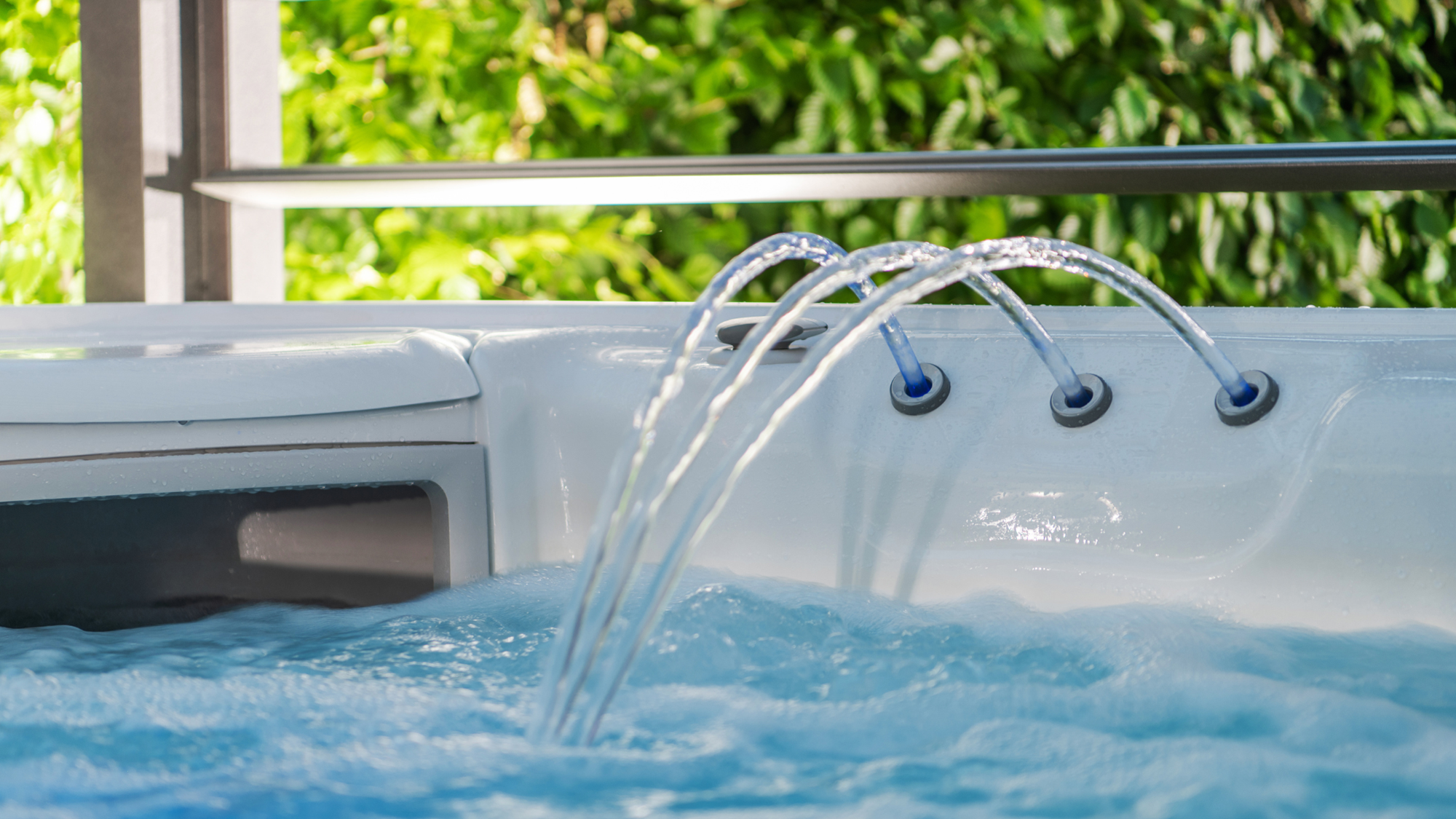A Spa Owner and Operator's Guide to Legionella Prevention in Spa Pools

Spa pools are a popular feature in many leisure facilities, providing relaxation and rejuvenation for users. However, like any water-based system, spa pools can be a breeding ground for harmful bacteria such as Legionella.
If not looked after properly, they can cause serious illnesses such as hot tub lung caused by mycobacterium avium complex (MAC) hot tub rash caused by pseudomonas aeruginosa, UTIs, fungal infections, gastro infections and Legionnaires' disease.
SMS Environmental is a leading water hygiene and treatment company that specialises in Legionella prevention in spa pools and other water systems.
Our team of experts can provide guidance and support in implementing measures to prevent Legionella in spa pools, ensuring the safety of users.
By following these steps and working with a reputable water hygiene company, spa pool owners can effectively prevent Legionella contamination and protect the health of their users.
HSE’s ‘Control of Legionella and Other Infectious Agents in Spa-pool Systems’ Guidance
Published in 2017, the Health and Safety Executive (HSE) published comprehensive guidance on the Control of legionella and other infectious agents in spa-pool systems to prevent the spread of Legionella in spa pools.
This guidance emphasises the importance of proper maintenance, regular testing, and effective disinfection procedures to ensure the safety of spa pool users.
To download and read it, click here
Case Study: Legionella Outbreak in Netherlands' Bovenkarspel, 1999
The Bovenkarspel Legionellosis outbreak of 1999 was a devastating event that resulted in at least 32 deaths and 206 severe infections, making it one of the largest outbreaks of Legionellosis in history.
The outbreak originated from hot tubs on display at the Westfriese Flora, a popular indoor flower exhibition in Bovenkarspel, Netherlands. The water in one of the hot tubs, which had been filled from a long-inactive firehose and not treated with chlorine, contained a highly aggressive strain of Legionella pneumophila bacterium that proved to be deadly.
As the number of patients with severe respiratory symptoms began to increase, healthcare professionals at the Westfries Gasthuis in Hoorn reached out to the Academic Medical Center in Amsterdam for assistance in diagnosing the illness.
It was quickly determined that a connection existed between the outbreak of legionellosis and the Westfriese Flora. The Netherlands National Institute for Public Health and the Environment issued a public warning to alert doctors and hospitals about the epidemic, ultimately leading to the identification of 318 cases across the country.
The outbreak surpassed the 1976 Philadelphia outbreak in terms of the number of cases, highlighting the severity of the situation in Bovenkarspel.
The Bovenkarspel Legionellosis outbreak served as a stark reminder of the importance of proper maintenance and monitoring of hot tubs to prevent the spread of infections and potential health risks.
The tragic events that unfolded in 1999 underscored the need for strict adherence to safety protocols and regular testing to ensure the water in public facilities remains safe for use. By learning from past mistakes and implementing stricter regulations, communities can work to prevent similar outbreaks of Legionellosis in the future. To read more about it, click here.
Here are some steps that can be taken to prevent Legionella in spa pools:
Regular cleaning and disinfection
Spa pools should be regularly cleaned and disinfected to prevent the buildup of bacteria. This includes scrubbing the walls and floors of the spa pool, as well as cleaning the filters and water jets. Chlorine or other disinfectants should be used to kill any bacteria present in the water.
SMS Environmental can discuss a bespoke service, tailored to your needs. Get in touch with us to book your FREE consultation today.
Proper maintenance of spa pool equipment
It is important to regularly check and maintain the equipment in spa pools, such as filters, pumps, and heaters. Faulty equipment can lead to poor water circulation and temperature control, creating an environment conducive to the growth of Legionella bacteria.
Regular water testing
Regular water testing is essential to monitor the levels of disinfectants and other chemicals in the water. This can help to ensure that the water quality is maintained at safe levels to prevent the growth of Legionella bacteria.
Training and education
It is important to provide training to staff and users on the risks associated with Legionella in spa pools and the steps that can be taken to prevent its growth. Education on the proper use and maintenance of spa pools can help to minimise the risk of Legionella contamination.
SMS Environmental offers a range of City & Guilds Assured to assist you. Please click here to find out more.
In conclusion, while spa pools are enjoyed by many for their relaxation and rejuvenation benefits, it is important to be aware of the potential risks associated with harmful bacteria like Legionella.
By working with a trusted water hygiene company like SMS Environmental, spa pool owners can take proactive steps to prevent Legionella contamination and ensure the safety of their users.
Prioritising water hygiene and implementing proper prevention measures is key to maintaining a healthy and enjoyable spa pool experience.
Click here to download the white paper on spa pools and interactive water features that was released by SMS Environmental, or click here to get in touch with us today.



















